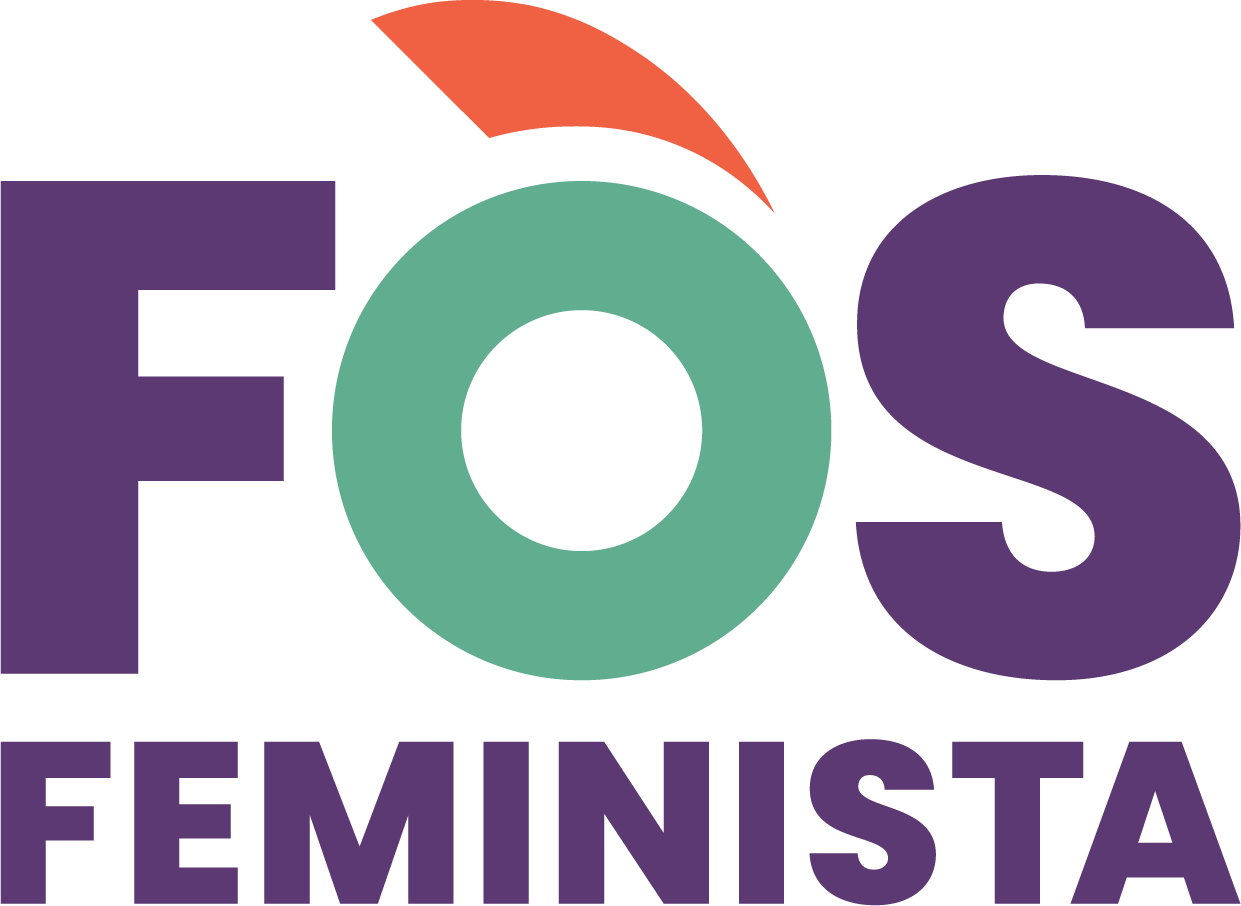
The organization welcomes the adoption of the UN General Assembly resolutions on women and girls’ rights, gender equality and sexual and reproductive health and rights, and gender-diverse people.
Contact: mboldt@mrss.com
Fòs Feminista welcomes the commitment of United Nations’ Member States to the fundamental principles of gender equality and the promotion and protection of the rights of all women and girls, including their sexual and reproductive health and rights, their right to live free from sexual and gender-based violence and their right to participate in elections, expressed in the adoption by consensus of a number of important gender-related resolutions by the UN General Assembly’s Third Committee, which final report was adopted today.
This outcome reaffirms global consensus around the core tenets of the Beijing and Cairo agendas, as well as the 2030 Agenda, to which the overwhelming majority of the UN membership commits. In this context, we applaud the statement made by the delegation of the Dominican Republic on behalf of a cross-regional group of 76 Member States in support of gender resolutions made at the time of adoption in the 3rd Committee last month.
Fòs Feminista welcomes the important recognition of the Generation Equality Forum (GEF) in the resolution on the follow up to the Beijing Declaration and Platform for Action, as the Global Acceleration Plan (GAP) adopted at the GEF in Paris is a critical and ambitious framework for action in accelerating gender equality and implementation of the full Beijing agenda over the next five years.
Fòs Feminista also welcomes the inclusion of new language recognizing the valuable contributions of migrant women on the frontlines of the COVID19 pandemic, as well as the inclusion of new language on mental health, psychosocial support, and palliative care. However, we are deeply disappointed that the resolution does not directly link gender-based violence and its surge due to COVID, and did not include references either to sexual and reproductive health and rights given the precarious position of women migrant workers in many countries, and the difficulty in accessing such essential services during the pandemic, or to gender-responsive social protection programmes that would support the goals of reducing and redistributing unpaid care work, which creates a double bind for many women migrant workers.
We are disheartened by the fact that the resolution on Human Rights to Safe Drinking Water and Sanitation failed to highlight the critical relationship between the human right to water and sanitation, climate change and gender equality, that would have contributed to the discussions of next year’s main theme of the Commission on the Status of Women (CSW) set to focus on environment, disasters and climate change. And although we would have liked to see stronger references to sexual and reproductive health and rights, we are encouraged that the resolution incorporated strengthened language related to menstrual health and hygiene, as well as a new reference to sexual and reproductive health in the context of continued access to services during COVID.
Fòs Feminista is particularly pleased by the adoption by consensus of the resolution on strengthening the role of the United Nations in the promotion of democratization and enhancing periodic and genuine elections, which incorporates references to women and girls in all their diversity and recognizes the obligation of all States to ensure equal participation without discrimination, including on the basis of sexual orientation and gender identity.
Finally, while we are encouraged by the decision to allow in-person access for accredited civil society organizations into the United Nations headquarters in New York starting in January 2022, we regret the prolonged denial of such access for almost two years, including during this year’s entire Third Committee session, which impeded our and other civil society’s participation and meaningful contribution to the work of the United Nations.
# # #






